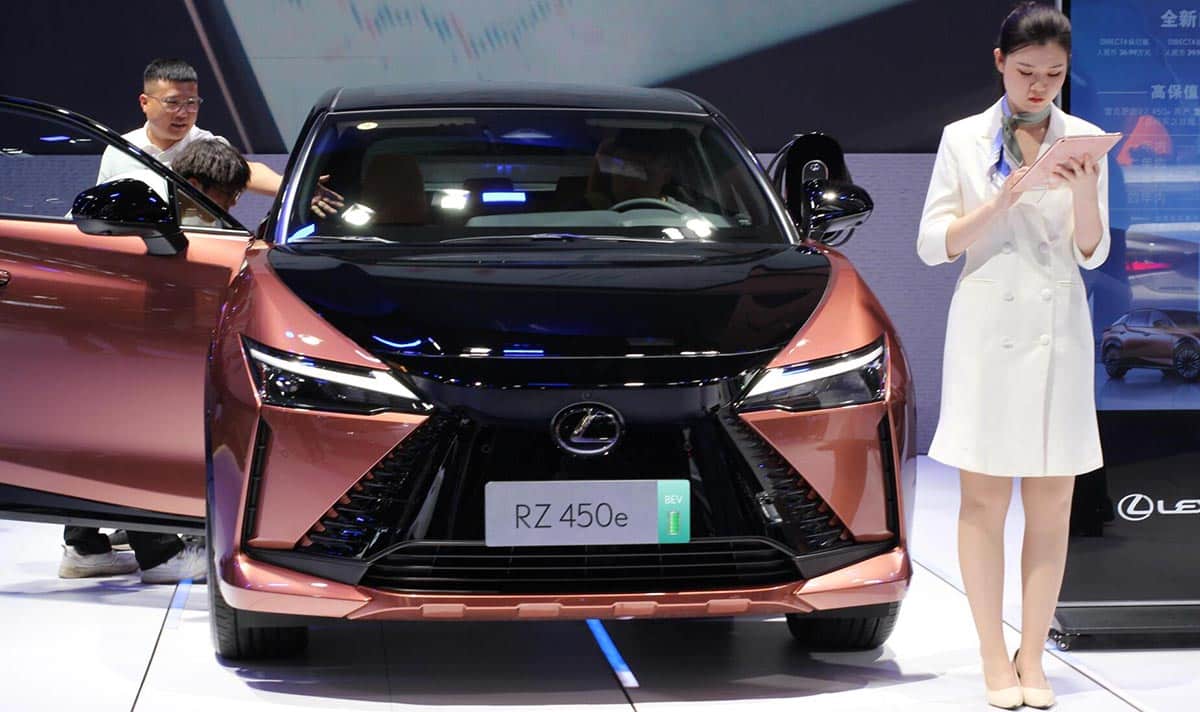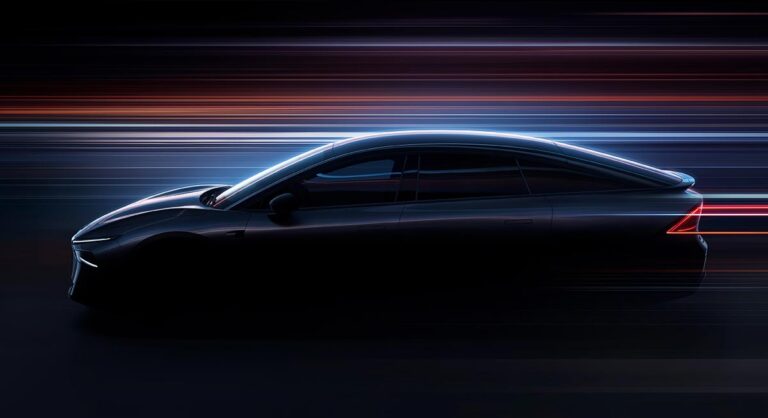In the meantime, Xpeng, one of the first EV makers to use LiDARs, will ditch the component on its upcoming new model, the P7+.

Toyota's premium Lexus brand will feature LiDAR products supplied by RoboSense Technology on a number of all-electric models, which will mainly be the Chinese LiDAR maker's M-platform products, local media outlet China Star Market said in a report today, citing people familiar with the matter.
The partnership will be extended to other Toyota brands in the future, the people said.
RoboSense said in its first-quarter earnings report that it has entered into a supply partnership with the world's top-selling carmaker for 2021 to 2022, the report noted, adding that the carmaker is Toyota.
Hong Kong-listed RoboSense is China's largest LiDAR maker, with a large number of customers including BYD (HKG: 1211, OTCMKTS: BYDDY), SAIC Motor Corp, Geely Auto, and Toyota.
In the first half of 2024, RoboSense's LiDAR sales were about 243,400 units, up 415.7 percent year-on-year, and close to the 256,000 units it sold in the full year of 2023, according to figures announced by the company on July 10.
RoboSense's automative LiDAR sales in the first half of the year were about 234,500 units, an increase of 487.7 percent year-on-year, contributing 96 percent of all sales.
As of June 30, 2024, RoboSense's cumulative total LiDAR sales were about 583,500 units and cumulative automative LiDAR sales were about 518,300 units.
In January-May this year, RoboSense had the highest LiDAR market share in China at 43 percent, the company said, citing third-party data.
In the electric vehicle (EV) market, Toyota has been slow to move, though it does seem to be looking for a change.
Toyota is discussing with Shanghai authorities the possibility of building a wholly owned plant to produce Lexus' EVs, Bloomberg said in a June 28 report, citing people familiar with the matter.
The Shanghai municipal government is willing to attract more foreign investment from larger companies, but it may need approval from the central government, one of the people familiar with the matter said, meaning the talks are far from finalized and could change.
LiDARs have been used on EVs primarily to help vehicles recognize obstacles, with longer recognition distances compared to cameras and better performance in bad weather.
It's worth noting that EV makers are currently exploring the most appropriate path for self-driving technology, and some car companies are skeptical about using LiDARs, even though more and more high-end models are using the component.
CnEVPost learned exclusively on July 9 that Xpeng (NYSE: XPEV) will ditch the use of LiDARs in its new model, internally code-named the F57, which will be launched in the fourth quarter.
The model won't use any LiDARs, and the smart driving system will switch to a pure vision solution similar to Tesla's (NASDAQ: TSLA), a person familiar with the matter told CnEVPost.
On July 10, Xpeng announced it named the F57 sedan the Xpeng P7+ and released the first official images showing the model without LiDARs in the headlight area like the company's other models.
Ditching LiDARs on the Xpeng P7+ is a major shift for Xpeng, as the company's P5 sedan, launched on September 15, 2021, was the world's first production car to feature LiDARs.
